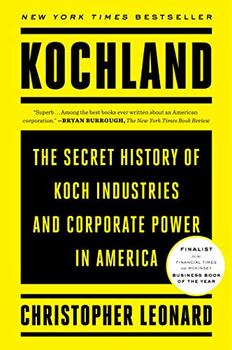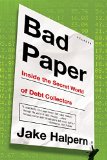Summary | Excerpt | Reading Guide | Reviews | Beyond the book | Read-Alikes | Genres & Themes | Author Bio

The eagerly anticipated debut novel from the author of the Pulitzer Prize finalist You Are Not a Stranger Here: a deeply affecting portrait of the modern gilded age, the first decade of the twenty-first century.
At the heart of Union Atlantic lies a test of wills between a young banker, Doug Fanning, and a retired schoolteacher, Charlotte Graves, whose two dogs have begun to speak to her. When Doug builds an ostentatious mansion on land that Charlotte's grandfather donated to the town of Finden, Massachusetts, she determines to oust him in court. As a senior manager of Union Atlantic bank, a major financial conglomerate, Doug is embroiled in the company's struggle to remain afloat. It is Charlotte's brother, Henry Graves, the president of the New York Federal Reserve, who must keep a watchful eye on Union Atlantic and the entire financial system. Drawn into Doug and Charlotte's intensifying conflict is Nate Fuller, a troubled high-school senior who unwittingly stirs powerful emotions in each of them.
Irresistibly complex, imaginative, and witty, Union Atlantic is a singular work of fiction that is sure to be read and reread long after it causes a sensation this spring.
Adam Haslett has absorbed the newspaper headlines and reimagined them as a pitch-perfect, tightly plotted novel of a singular moment in all-too-recent American history.... Union Atlantic is a novel sent into the future, a novel so embedded in its time that, like The Great Gatsby or Bonfire of the Vanities, it will epitomize a specific cultural moment to later generations... Haslett brings into embodiment the individual desires that power the global financial network...continued
Full Review
 (876 words)
(876 words)
(Reviewed by Amy Reading).
Many of the reviews and articles about Union Atlantic (like this one) laud Adam Haslett for writing about the collapse of the financial markets before it happened. He handed his editor a first draft of the book the week that Lehman Brothers folded in 2008, one of the events that precipitated the current recession. But the book is set much earlier, in the spring, summer, and fall of 2002, and one of the book's pleasures is the way it nominates this particular moment for historical attention. In the long shadow of the 9/11 attacks, some of the events that crop up in the novel include:

If you liked Union Atlantic, try these:

by Christopher Leonard
Published 2020
Just as Steve Coll told the story of globalization through ExxonMobil and Andrew Ross Sorkin told the story of Wall Street excess through Too Big to Fail, Christopher Leonard's Kochland uses the extraordinary account of how one of the biggest private companies in the world grew to be that big to tell the story of modern corporate America.

by Jake Halpern
Published 2015
A vital exposé that is also a bravura feat of storytelling.